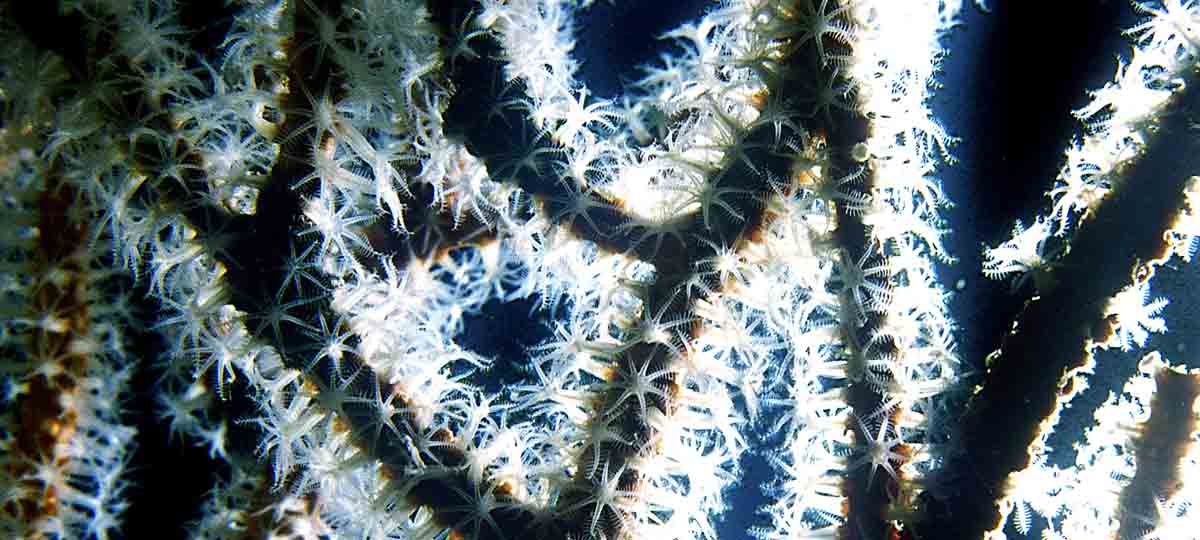Authors: Several
Year: 2022
Contact: biblioteca@azti.es
Download: Download RIM_28_2 (2.23MB)
Summary: Uhinak is a biennial cross-border congress on climate change and the Atlantic Arc coastline promoted by Ficoba and AZTI. The congress focuses on how climate change and extreme events affect the coastline, focusing on the needs of managers and what the scientific world can contribute to solve them. To this end, Uhinak aims to strengthen a network between experts, managers and users of the sea and the coast to facilitate the search for solutions to mitigate the effects of extreme climate.
Since the last edition of the congress in 2020, two major milestones have marked the advancement of knowledge of the effects of climate change on the seas and coasts. Firstly, the publication of the 6th report of the Intergovernmental Panel on Climate Change (IPCC), which Francisco Doblas Reyes (Director of the Earth Science Department belonging to the Barcelona Supercomputing Center) will talk about in his inaugural lecture. This report sets out new climate scenarios and warns of a future transition of the ocean to physical conditions of warming, acidification and deoxygenation, which will alter primary production and generate a global redistribution of life in the oceans and their coasts. Ocean acidification will also have consequences on the growth of calcifying marine organisms, which will be discussed by Richard Bellerby (member of the Norwegian Institute for Water Research) in the 2nd inaugural conference. Secondly, the increased recognition being given to marine biodiversity restoration measures as nature-based solutions to climate change, which have the potential to generate co-benefits for storing blue carbon and being more resilient to future changes, is noteworthy.
These two major milestones are the context on which most of the presentations of the fourth edition of Uhinak, which will take place on November 16 and 17, will be based. There will be 9 seminars by invited experts and more than 50 papers, structured in four blocks covering the challenges of climate emergency for our coastline in 2050, adaptation measures to extreme coastal events, the role of marine biodiversity restoration in mitigation and resilience to climate change, and innovation in governance, management tools and communication.


